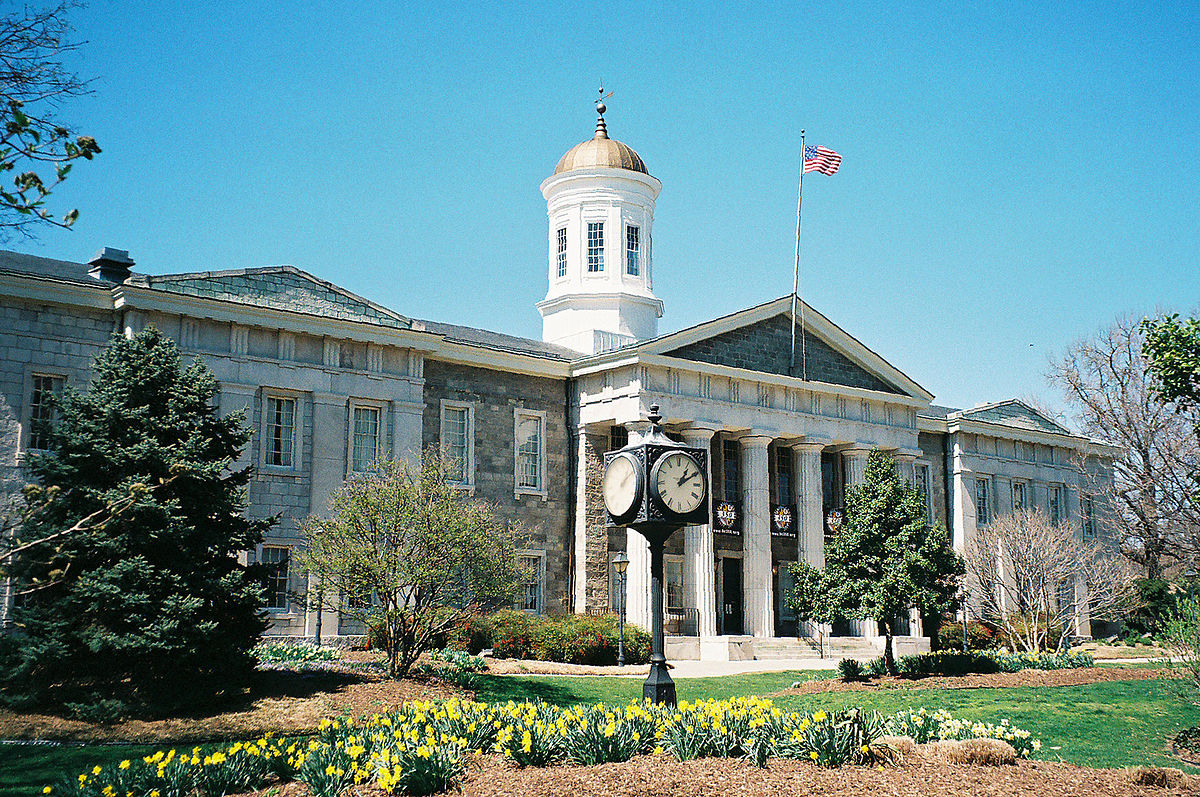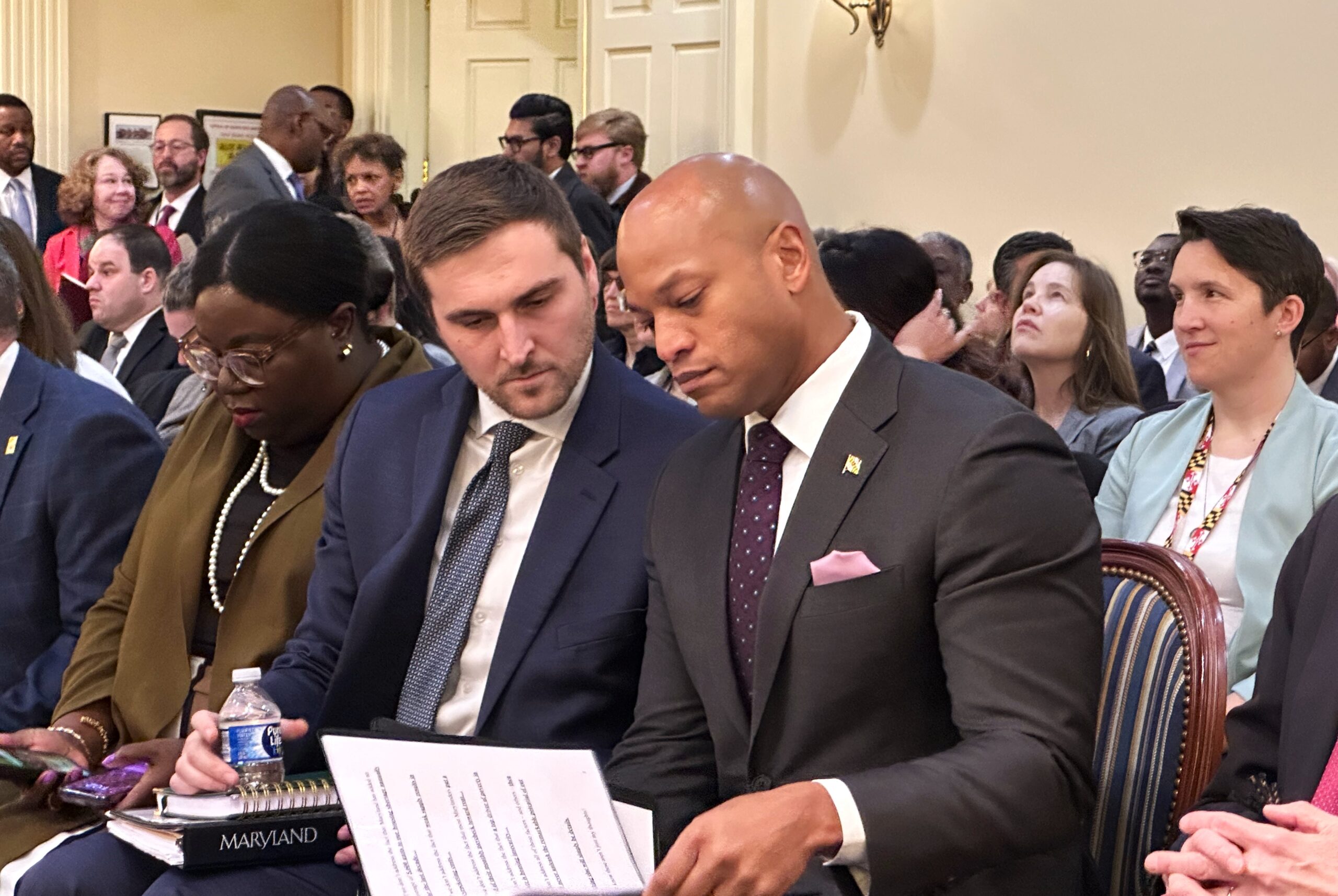Baltimore Co. Councilmember Responds to Criticism of Impact Fee Legislation

I am responding to David Plymyer’s predictably negative commentary regarding legislation to enact development impact fees in Baltimore County (Maryland Matters, June 21).
For decades, community leaders have sought a system in which builders would reimburse Baltimore County for projects associated with growth. Baltimore County lacked the authority to impose development impact fees until earlier this year.
I have consistently supported impact fees since 1997, when they were the subject of my master’s thesis at Johns Hopkins University. Impact fees are different than excise taxes in that revenue must be spent in a localized manner — in other words, money collected from a development must be used for schools, roads, and infrastructure near the affected community. Money from an excise tax can be spent anywhere.
By the time Baltimore County Executive John Olszewski Jr., introduced his fiscal year 2020 budget proposal, I had already spent months meeting with community leaders, builders, and other stakeholders on an impact fee proposal. The budget plan included an excise tax instead of an impact fee — and it prioritized construction of a new high school in southwestern Baltimore County over two other deserving communities, including Towson, which I represent.

Baltimore County Councilmember David Marks (R)
Mr. Olszewski has shown himself to be a thoughtful and collaborative leader, but there is a historical mistrust in Baltimore County, and not just between communities and developers as Mr. Plymyer asserts. There is real fear that a partisan county executive will use his or her power to reward loyal communities or punish adversaries. That is exactly why my legislation requiring localized spending of impact fee revenue is better. Money collected in growing areas like Perry Hall or White Marsh will be used for schools in those communities, while nonrestricted revenue can support older neighborhoods where there is little development.
The legislation that passed the Baltimore County Council creates a residential impact fee and a commercial excise tax — two significant measures that would have been unimaginable a year ago. Numerous community leaders, entrepreneurs, and Baltimore County parents offered their advice.
Mr. Plymyer never once provided a constructive suggestion during the month when it might have mattered. Fortunately, others did.
Over the past eight years, the County Council has passed numerous reforms that have improved the development process. One of my first bills required a community input meeting near neighborhoods most immediately impacted by a new development. We created Neighborhood Commons, or “open space zoning,” and passed legislation requiring funding from developers for green space in Downtown Towson. Mr. Plymyer rarely mentions these initiatives, some of which were bitterly opposed by developers.
No legislation is perfect. I would have preferred my original bill over that which passed the County Council — but I am a realist who saw the importance of enacting this system at this critical time in local history. Voltaire said it best more than 250 years ago — the perfect is the enemy of the good.
I would like to thank those who advocated for impact fees for years and worked hard to make them a reality.
— DAVID MARKS
The writer is a Republican member of the Baltimore County Council representing Towson and northeastern Baltimore County.




 Creative Commons Attribution
Creative Commons Attribution